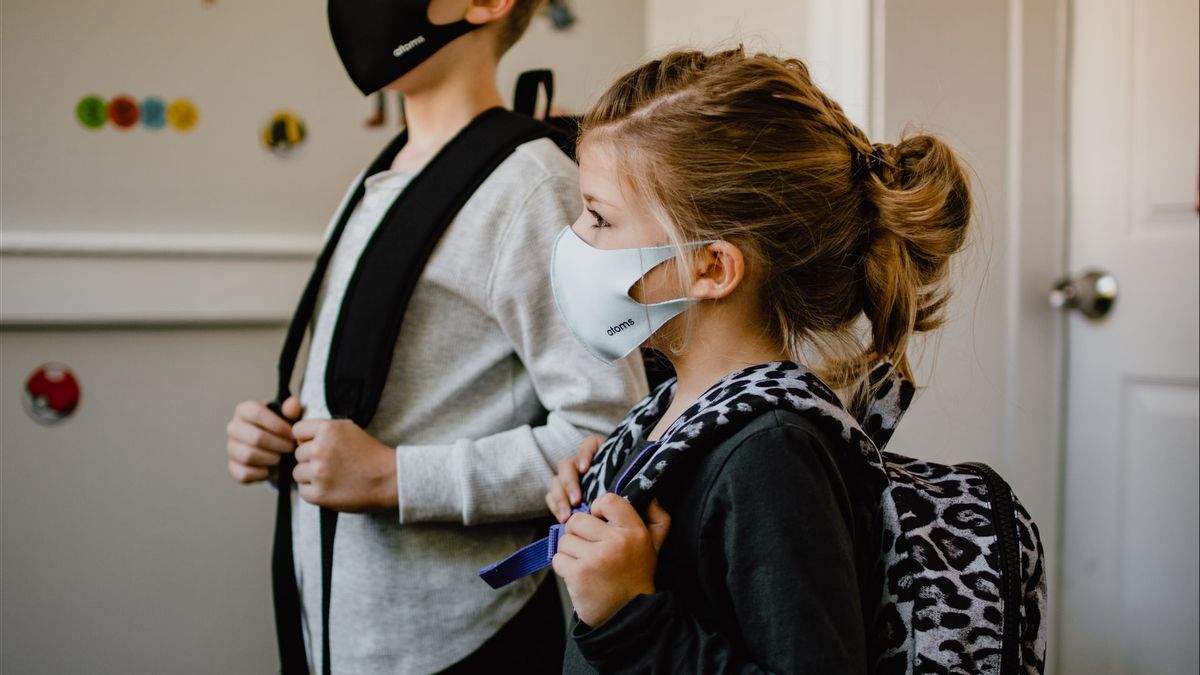JAKARTA - Director General of Early Childhood Education, Basic Education and Secondary Education, Ministry of Education and Culture, Jumeri said that currently only 14 percent of schools in Indonesia have implemented face-to-face learning (PKM) due to the Imposition of Restrictions on Community Activities (PPKM) in Java and Bali Provinces.
Initially, said Jumeri, the ministry's Joint Decree (SKB) was about granting freedom for all regional heads to open schools which were deemed ready to carry out PKM during the pandemic.
"Based on the coordination with the education offices in the regions, in fact there are around 90 percent of the schools ready to face to face," said Jumari in the Trijaya MNC discussion, Saturday, January 23.
However, when the PPKM on the islands of Java and Bali was implemented, all six provincial governors instructed the regional heads in each district / city to postpone the opening of schools again and continue to carry out distance learning (PJJ).
"Actually, there are several regions that are ready for PTM in early January. However, there is coordination by the respective governors who ask the regions in their areas to still be PJJ first. So, all regional heads follow postponing (opening schools)," he said.
In addition, Jumeri said there were still regional heads outside the Java-Bali PPKM who were still wary of opening schools in their regions. Thus, instead of opening schools in sub-districts where case transmission is more controlled, the regional head decided to postpone the opening of schools in one district / city.
"Actually, in one regency, for example there are 17 districts, it is possible that two or three districts can start PTM first. But, most of us also know that regional heads are very careful in opening this PTM," said Jumeri.
Therefore, to minimize the difficulties facing PJJ in the future, the Ministry of Education and Culture will coordinate with the regions to separate areas that have adequate internet networks from disadvantaged, frontier, and outermost (3T) areas in Indonesia.
"Later we will separate it in the meeting, so that there is better coordination, the problem can be separated between the most difficult areas and those with internet access," he added.
The English, Chinese, Japanese, Arabic, and French versions are automatically generated by the AI. So there may still be inaccuracies in translating, please always see Indonesian as our main language. (system supported by DigitalSiber.id)








